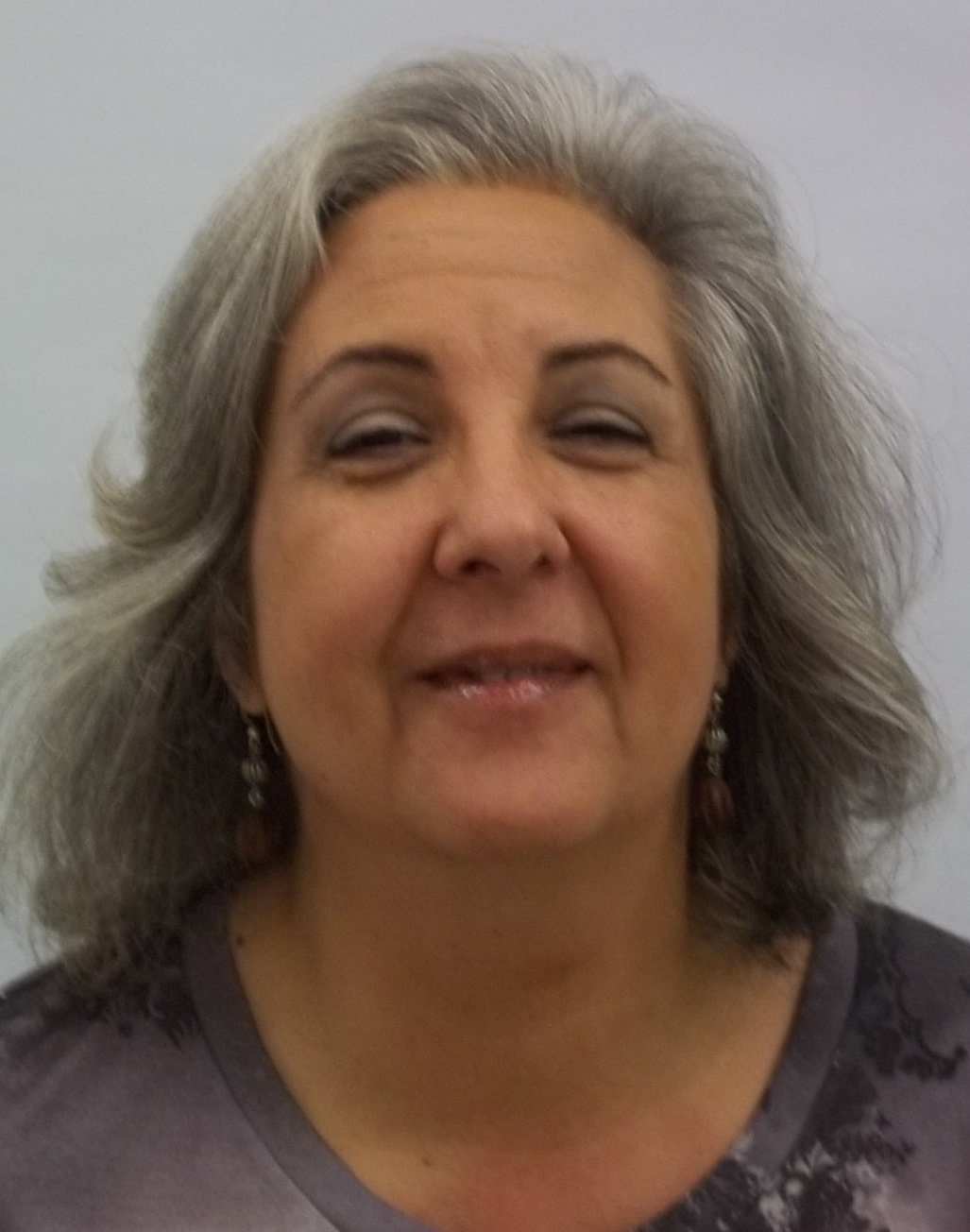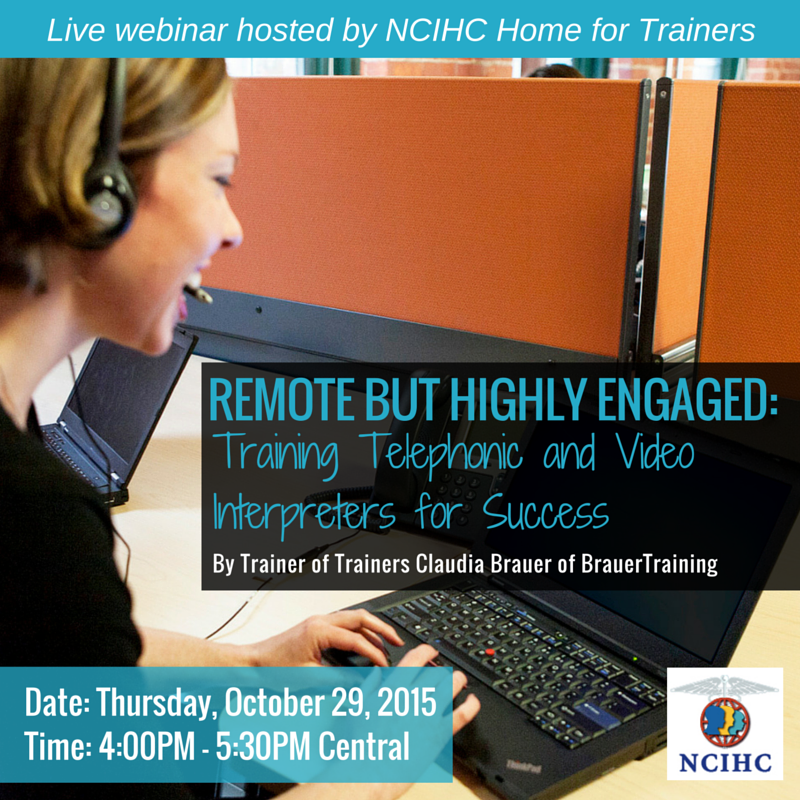|
Description:
Change is sweeping through many aspects of how healthcare is delivered, and medical interpreting is changing along with it. How does today’s trainer of interpreters prepare students to adjust to a new way of supporting communication, mediated by technology?
What are the changes happening in health care, and why do we care about training interpreters to do a good job of remote interpreting, when most providers, patients, and interpreters would rather work face-to-face?
A lot of health care encounters happen between a member of the care team who is NOT in the same room as the patient! A lot of the work of healthcare happens when the patient calls in from home or work, or emails his need for advice into the clinic portal. When the team calls him back, the conversation follows the same pathway as if the patient were sitting in the exam room: greetings, getting a sense of the patient’s state of mind, asking about signs and symptoms, ruling out the most dangerous possible causes, setting out a plan, making sure the patient is connected for medications and equipment, giving information about what other providers to see next, and possibly several transfers of the phone connection to other parts of the health care system.
So interpreters must be ready to work effectively in the remote arena, and interpreter trainers must provide leadership by enthusiastically and knowledgeably introducing them to the dynamics of remote language support.
Objectives:
- Provide a conceptual base on how the use of remote interpreting is a different experience and a challenge for the interpreter from a face-to-face encounter.
- Provide an overview of technical considerations that are essential to the success of interpreters using the new technologies.
- Offers a knowledge base as well as the interpreting skills that need to be addressed for each modality (telephonic and video)
- Identify the most important concepts so that the trainers are able to include the topic of remote interpreting in their next class.

About the presenter:
Claudia Brauer became a trainer of translators and interpreters in 2010 and has created proprietary content for more than 200 hours of online language-neutral training in the form of courses, workshops and webinars. She is also involved in the National Council on Interpreting in Healthcare's webinar series for trainers. Considered a subject matter expert in translation and interpreting, her career spans more than 35 years in Latin America and the USA, logging over 15,000 hours of interpreting assignments in a large diversity of venues and fields of knowledge, and translating more than 10 million words.
|



